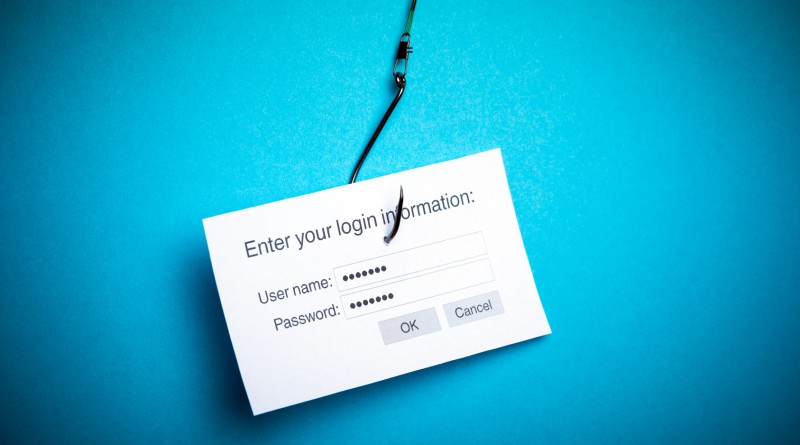Phishing Emails and Text Messages Target Australians Anew
Like in most parts of the world, phishing emails looking to steal credit card information while posing as legitimate service providers continue to target the Australian customer base to this day.
Just last month, Telstra subscribers were attacked by phishing scammers. They sent very convincing emails posing as the internet company; claiming that the customer’s bill was paid twice, and that this meant they were entitled to a refund.
The email then asks for the customer to verify their contact details – along with their credit card information. The message even has the company’s logo and a signature of one of the company executives, trying to seem as legit as they can be.
The email link leads to a fake Telstra website, something you would not notice at first glance. This website is then used to take away all the information needed to access the victim’s banking and personal data.
Another new scam concerns text messaging and Netflix subscribers; a rather unusual method since text messages aren’t as cheap to send as email scams which are basically free.
Phishing scams that don’t focus on credit card information, much like the one targeting Netflix, can be as threatening as ones that do.
The phishing text message requests the victim to update their Netflix account to continue with the service, while giving a link to their phony login page. Those who are tricked by the text message will lose their login details to the video-streaming subscription service; the scam doesn’t directly phish for the credit card credentials, though.
These phishing scams might not be too similar, but both do target large corporations in Netflix and Telstra. There are about 5 million Australian Netflix users, while Telstra boasts a 17 million customer database – giving scammers a better chance of snagging unwitting victims from the millions available.
Researchers speculate that the scammers do not automatically or directly use the credit card information stolen through these phishing scams – although it is certainly one way they use it.
Some, on the other hand, might go to black markets online to sell the information to the highest bidders. This could also result in bogus charges to stolen credit card accounts weeks or months after the scam – not necessarily days after the occurrence – as it could take time to sell and transfer the stolen data.
It is a good thing that banks today usually have the most up-to-date and high-tech anti-fraud systems to spot suspicious or forged activities. This brings customers assurance that losing huge amounts of money from their accounts won’t happen, however, it still means that when this does happen, customers must still cancel their cards and go through the whole process of fully recovering their accounts.
Phishing scams that don’t focus on credit card information, much like the one targeting Netflix, can be as threatening as ones that do. This can be as dangerous since a large number of people are believed to use the same passwords across their online accounts. If a user’s email or social networking accounts have the exact same passwords as their compromised Netflix account, the hacker can then easily hijack those accounts as well.
Identifying these phishing scams is not that difficult. Usually emails that start out with a generic salutation (or none at all) could be a clear clue. Mistakes in spelling or grammar are also obvious giveaways; while emails asking for contact detail information they supposedly already have are dubious, too. If you’ve already used your credit card to pay off a bill from that company, they shouldn’t be asking for the details again to give you that rebate or refund.
When faced with these email or text message scams, your best bet is to not pay it any mind and remove it from your inbox. If you feel that there is a chance that it might be legitimate, contacting the company who sent the message should be the first step. Before giving out any sensitive contact details or banking information.
Comprehensive multi-device protection for you and your family for up to 6 PCs, Macs, Android, and iOS devices. For more info click here.







